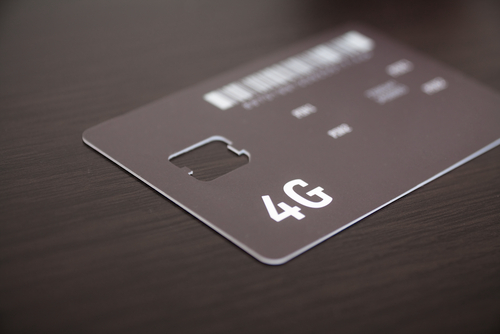European Equipment Suppliers Win Third Of £2bn China Mobile 4G Contract

Ericsson, Alcatel-Lucent and Nokia Siemens Networks all set to benefit from China Mobile 4G tender as Huawei and ZTE secure half
China Mobile has given a boost to European telecommunications equipment manufacturers by awarding them a third of a $3.2 billion (£2.04bn) contract to build its 4G network.
Ericsson, Alcatel-Lucent and Nokia Siemens Networks all secured 10 percent each of the initial contracts, while Chinese firms Huawei and ZTE were awarded 25 percent each, but it is likely that all companies involved will be looking to secure more of the remaining work.
The China Mobile 4G contract is the biggest of its type for some time and all manufacturers, European or otherwise, have been waiting for the tender to help revive the fortunes of an industry struggling due to a lack of spending.
China Mobile 4G
 The first wave of 4G investments in Japan and South Korea in 2010 favoured Ericsson and Nokia Siemens Networks, while the second wave in the US went to Ericsson and Alcatel-Lucent. More recently, Huawei has been securing 4G contracts in Europe, but UK operator O2 decided to choose Ericsson to construct its LTE network.
The first wave of 4G investments in Japan and South Korea in 2010 favoured Ericsson and Nokia Siemens Networks, while the second wave in the US went to Ericsson and Alcatel-Lucent. More recently, Huawei has been securing 4G contracts in Europe, but UK operator O2 decided to choose Ericsson to construct its LTE network.
China Mobile is the world’s largest mobile operator in terms of subscribers, of which it has 700 million, and the decision to award foreign firms a third of the contract will surprise some given the current hostility amongst many Western countries to Chinese telecoms manufacturers.
The US has concerns Huawei and ZTE equipment pose a risk to natural security, while the European Union is considering launching a probe to determine whether the companies are receiving illegal state subsidies from the Chinese government.
European tensions
Internal analysis at the EU has determined that the two companies are damaging European producers of wireless networking equipment by dumping low-cost products in Europe. This, it says, is achieved by Chinese government support given to them and their customers.
However, European companies such as Ericsson are opposed to any such investigation for fear of retaliation from the Chinese government that would prevent them from benefiting from contracts such as this one.
This has led to suggestions that the EU could act without an official complaint. However, should the European Commission initiate proceedings independently, the Chinese government could view it as a direct confrontation and issue retaliatory tariffs.
What do you know about China and its tech? Try our quiz!